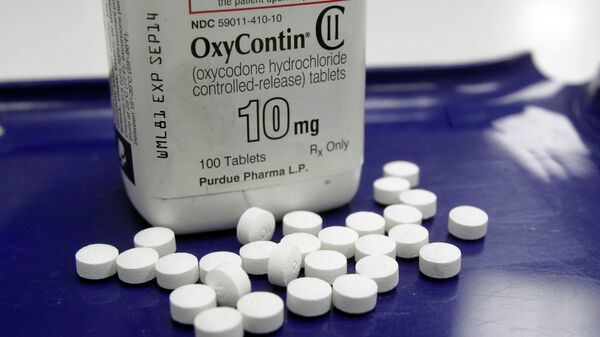Particularly, would-be troops will now be tested for a wider range of substances, including synthetic marijuana derivatives, heroin, codeine, morphine, hydrocodone, oxycodone, and benzodiazepines. These substances were previously banned for active-duty troops, but on April 3, the policy will take effect for would-be recruits, too, according to a Pentagon announcement.
The change is taking place due to “the level of illicit and prescription medication abuse among civilians,” the San Diego Union Tribune reported, “as well as the increase in heroin and synthetic drug use.” In 2014, the US set a record for opioid-induced deaths after an astounding 28,000 fatalities were registered.
US Defense Department data suggests the policy could derail 450 individuals annually who attempt to enter the armed services. From a pool of almost 280,000 applicants, approximately 2,400 fail the test for substances already listed in the protocol before the policy change.
There are several ways different actors in the healthcare space can contribute to reigning in the epidemic. One route is to lower the barriers for patients experiencing withdrawal to get opioid withdrawal treatment medications by getting rid of insurance-prior authorizations for these medications altogether, epidemic expert Andrew Kolodny, M.D., said. “Overdose deaths will remain at record high levels until effective addiction treatment is easier to access than pain pills or heroin,” Kolodny noted.
Drug users will not be permanently banned from the military, according to the Pentagon. Applicants will have one opportunity to send in another application for military service. Two failed tests will result in permanent disqualification from the armed services. Prospects wishing to re-apply can do so after 90 days, the Defense Department said.


